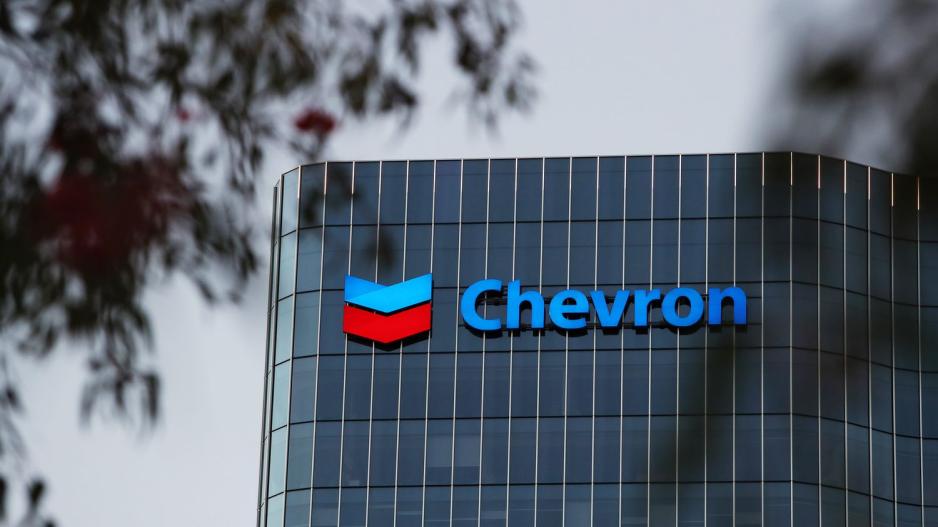Talks Between Cypriot Officials and Chevron Stall Over "Aphrodite" Gas Development
Papanastasiou: "Chevron Will Not Leave"
Negotiations between technocrats representing the Republic of Cyprus and experts from Chevron have so far been unproductive. The potential for a development deal concerning the "Aphrodite" gas field seems remote based on the present circumstances.
The critical deadline is November 5th. Brief was informed that if by then, the Ministry of Energy fails to convince its counterparts to reconsider its request for re-establishment of a natural gas processing platform at the gas field, an alternative plan will be pursued to avoid stalling the "Aphrodite" project. The American company, Chevron, continues to assert that its primary modification, made in the country's agreement four years ago with Noble Energy (which it acquired), was the correct decision. This modification involved the direct transfer of natural gas from the Cypriot field to a floating processing unit of Shell located in Egypt's Exclusive Economic Zone (EEZ) before ending up at a liquefaction terminal in the same country.
Chevron has proposed to remove the extraction and processing platform above the gas field to save an estimated $1 billion, reducing the anticipated project cost to $2.5 billion. They believe that this approach is the only way to ensure profitability for all parties during the commercialization of the natural gas.
Heading the consortium, which also includes Shell and New Med, Chevron's stance is bolstered by the results of an exploratory drilling conducted in 2023, discovering 4.4 trillion cubic feet of natural gas. The initial exploratory drilling in 2011, which led to the discovery of the gas field in block 12 of the Cypriot EEZ, had estimated reserves between 5-7 tcf.
The American energy titan has reportedly conveyed that Cyprus will not earn less than the €9.4 billion projected in the 2019 agreement.
However, the Ministry of Energy, the Hydrocarbon Company, and their consultants remain firm in their stance that removing the floating unit from "Aphrodite" will adversely affect Cypriot interests.
Energy Minister, Giorgos Papanastasiou, opines that the changes made by the Americans reduce potential revenue for Cyprus in the future development of the gas field. He also cites increased financial and technical risks, emphasizing potential losses during the transportation of raw natural gas over a distance of 400 kilometers, as impurities like particulate matter, oil by-products, and water are extracted from the seabed.
Following Chevron's adjustment, the natural gas, once processed in Egypt's Exclusive Economic Zone (EEZ), will have two possible destinations, according to the Minister of Energy. It will either be directed to Egypt's domestic market or prepared for export through liquefaction. In this context, George Papanastasiou believes that control and processing will be out of the hands of the Republic of Cyprus.
This is why he firmly rejects the American proposal, asserting that the Cypriot side will remain steadfast in its demands until the end of the negotiation period. When questioned about his concerns over potentially starting from scratch and losing the opportunity to capitalize on the maritime energy wealth of the Cypriot citizens, Papanastasiou confidently responds, "Chevron will not leave."






